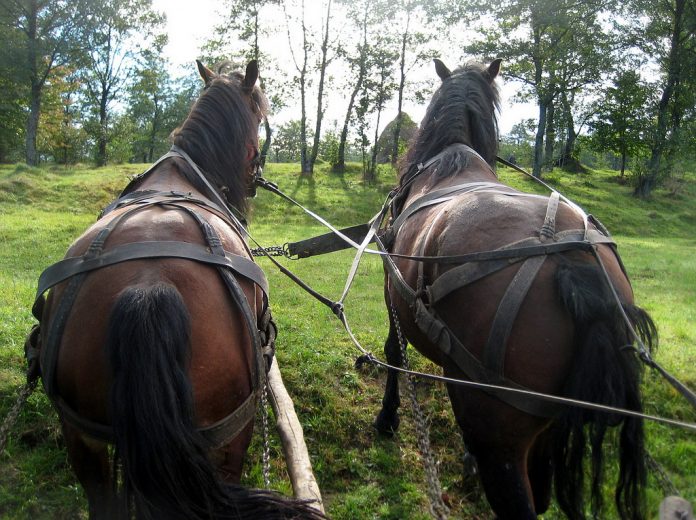Horse meat imported to Italy from Belgium was laced with dangerous levels of cadmium, a heavy metal that is toxic to humans. Romania was the origin of the contaminated meat.
It is not the first time that the Belgian company Chevideco has imported and resold bad horse meat from Romania. There were four previous occasions – all in 2014.
According to an article published on the website of the Organised Crime and Corruption Reporting Project (OCCRP), the precise Romanian origins of the latest alert are not yet known. But in each of the previous four cases, Chevideco had imported its meat from a pair of affiliated Romanian companies.
This investigation is based on six months of reporting by OCCRP’s two partners, the RISE Project in Romania and the Investigative Reporting Project Italy (IRPI), as well as Knack, a weekly Belgian newsmagazine. Using leaked inspection records and hundreds of documents obtained under Freedom of Information laws, reporters looked into how and why contaminated horse meat is still being sold in Europe.
According to OCCRP, a new investigation reveals that the Romanian companies Agromexim and Cetina have on multiple occasions made use of counterfeit documents. The falsifications, which appear to have been carried out by veterinarians and Romanian officials responsible for food safety, raise questions about the meat the two firms continue to export across the European Union.
“And we had additional tests done in Romania. Testing, testing, testing,” said Olivier Kemseke, Chevideco’s director of OCCRP. “I think the horse today is the most tested animal in the world.”
However, Cetina and Agromexim have both denied responsibility for the falsifications, noting that the documents were issued by veterinarians.
In related news, the Reuters news agency noted that it is common practice for farmers who can’t afford a tractor to use a horse to plough their fields. But when the horse gets too old, they sell the animal to the slaughterhouse.
The issue will be on the agenda of the next formal meeting of EU agriculture ministers on February 25.

